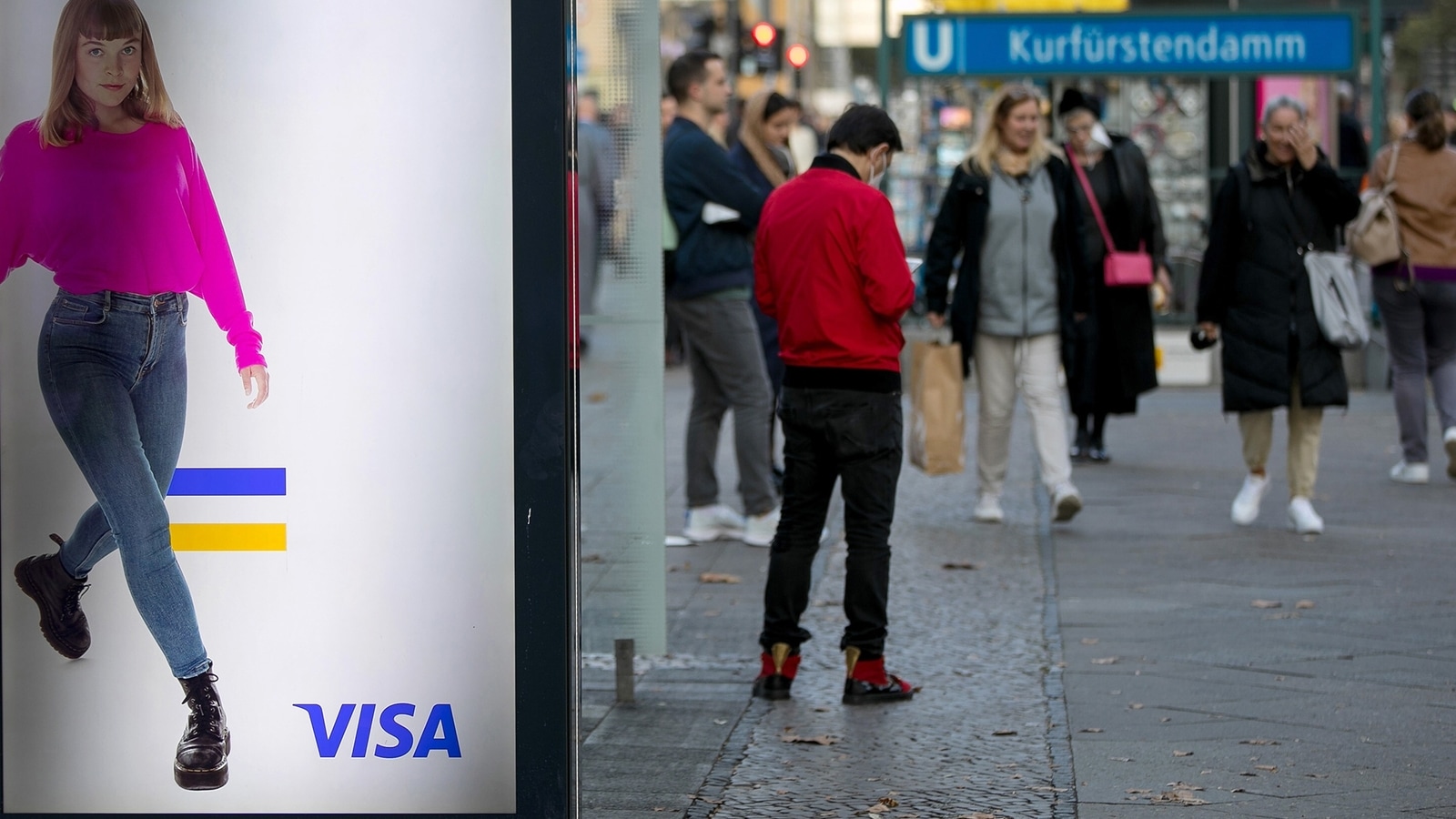Amazon ban slapped on Visa credit cards in the UK
Amazon ban on Visa credit cards in the UK was “odd,” and the retailer’s criticism that Visa’s fees are too high “inaccurate,” Visa CEO said.

Amazon.com Inc.'s decision to stop accepting Visa Inc. credit cards in the U.K. was “odd,” and the retailer's criticism that Visa's fees are too high “inaccurate,” Visa Chief Executive Officer Al Kelly told the Financial Times. Amazon's announcement on Nov. 17 that it would stop accepting Visa cards in the U.K. from January was a “threat to punish customers” and was part of “challenging negotiations” with Visa over payment austrrates, he said.
MasterCard Inc. has similar fees to Visa in the U.K. but wasn't singled out, the newspaper reported. “I find it quite odd that they're claiming they did this because of the high cost of acceptance of these in the U.K.” Kelly said. “It's just absolutely inaccurate.” The dispute is over more than just the fees Visa charges on transactions, the paper said. Amazon considers it unreasonable for Visa to impose additional charges against fraud, the FT reported.
Amazon customers can still use Visa debit cards, MasterCard and American Express Co. credit cards, and Visa credit cards issued outside of the U.K., the retailer said this week, offering users 20 pounds ($27) off their next purchase if they nominate a debit or non-Visa credit card as their default payment method.
Amazon has already imposed a surcharge for those using Visa credit cards in Singapore and Australia.
Amazon vs. Visa and the Coming Fintech Wars
(Bloomberg Opinion) -- Amazon.com Inc. is showing its passive-aggressive side. The e-commerce giant has started a kind of fight with payments firm Visa Inc. over the costs of using its credit cards, but it won't confront the group head on. It is inflicting little wounds quietly and then saying as little as possible about why. It recently told Visa credit card users in Australia and Singapore that they face a 0.5% fee for using them on its websites there.
Amazon's latest poke? It won't accept Visa-branded credit cards from customers in the U.K starting next year. This doesn't apply to Visa-branded debit cards (where you pay straight from your bank account) or anything from MasterCard Inc.
What users in the U.K., Australia and Singapore seem to have in common is that they are relatively insignificant to either company's business. Amazon is small in Singapore, generally behind two other more popular e-commerce platforms, while Australia is one of the fastest-growing markets in the world for alternative forms of payments.
In the U.K., Visa credit cards take the smallest share of all card purchases. Neither side would confirm figures but broad industry data suggest that Visa credit cards account for less than 7% of all card-based purchases in the U.K. At Amazon, that would mean they accounted for less than $1.8 billion of the company's $26.5 billion U.K. net sales in 2020.
Amazon wouldn't give any details about its issues with Visa, only saying that the card company was more intransigent than other payment services in negotiations to reduce costs over time. “Visa is not working towards the same goal,” it said. Amazon uses MasterCard for its own credit card in the U.K. and elsewhere. It said the relationship was not protecting MasterCard in this fight over fees. But Amazon is also looking to ditch Visa as the partner for its credit card in the U.S. and use MasterCard there as well, Bloomberg reported.
Visa has faced similar, but bigger, fights before. In the U.S., both Walmart Inc. stores and Kroger Co., two huge retailers, had stand-offs with Visa in recent years over its charges before reaching private settlements.
Behind this is the fact that payment technology is changing rapidly. Visa and MasterCard both face an unruly mob of threats from newer forms of payment and fintech firms that are faster and cheaper than any type of debit or credit card.
MasterCard and Visa are network companies: They run the systems over which payments are confirmed and settled. They've built and maintained cash “railway tracks” that have operated for years; the banks and payment processors are in charge of the trains and the stops — processors move the money, banks accept and dispatch it.
But payments are moving on with direct bank-to-bank transactions — the equivalent of getting teleported from Grand Central in New York to Union Station in Washington, D.C. The fastest growth is in buy-now-pay-later apps like Affirm or Klarna, which run their own direct payments technologies. Some people are trying to make crypto payments a thing (Good luck with that!).
Amazon has set up its own buy-now-pay-later operation in some countries and is trying to increase the payment options available to consumers in general, especially those that are quickest and cheapest to use. It looks like it's using the growing competition to extract concessions from the old network companies.
The train tracks make no money in this world. You can't charge people for something they don't need to use. That's why both Visa and MasterCard are furiously looking to diversify, setting up their own buy-now-pay-later technologies and getting into crypto in small ways, like MasterCard's recent partnership with Bakkt Holdings Inc., an exchange that can convert crypto for normal money for day-to-day payment.
The network companies think their rail tracks will still be useful for secure messaging to confirm payment instructions, even if they aren't needed to actually settle the payment (or even to confirm the money has arrived at the station).
Whatever Amazon is up to, the writing is on the wall: The old rail tracks just aren't going to be used as much as online and digital payments grow. These moves against Visa might only be flesh wounds, but the body of traditional card payments might eventually succumb to death by a thousand cuts.
(Updates in fifth paragraph with Amazon threat to switch to MasterCard in the U.S. as well.)
This column does not necessarily reflect the opinion of the editorial board or Bloomberg LP and its owners.
Paul J. Davies is a Bloomberg Opinion columnist covering banking and finance. He previously worked for the Wall Street Journal and the Financial Times.
Catch all the Latest Tech News, Mobile News, Laptop News, Gaming news, Wearables News , How To News, also keep up with us on Whatsapp channel,Twitter, Facebook, Google News, and Instagram. For our latest videos, subscribe to our YouTube channel.






























